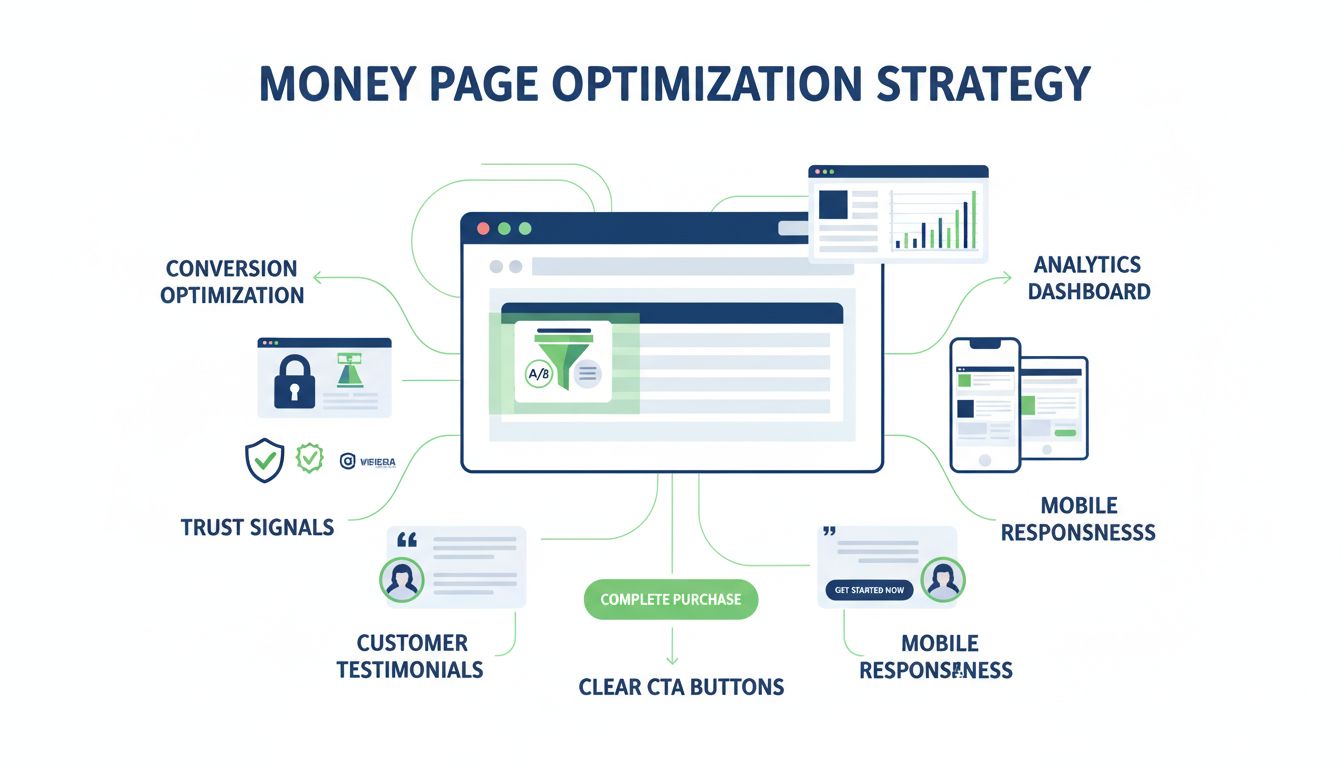Money Sites: How to Optimize for Maximum Profit
Money site is a website owned by a merchant, specifically designed to generate revenue. Learn about money sites, their characteristics, monetization strategies,...
Learn effective ways to monetize your website through affiliate marketing, digital content, social media, and more. Explore strategies to turn your online presence into a revenue-generating asset.
Monetization is a pivotal concept in today’s digital and economic landscape, vital for content creators, businesses, and governments aiming to generate revenue from various activities or assets. It encompasses a myriad of strategies and methods to transform non-revenue-generating entities into profit centers. This glossary page explores monetization in depth, focusing on its application in affiliate marketing , digital content creation, social media, mobile apps, and broader economic implications.
Monetization refers to the process of converting an asset, service, or activity into a source of income. Initially, it described the transformation of an asset into cash or establishing something as legal tender. Today, its applications have broadened, especially in digital and online business models. Strategies vary widely, from incorporating website advertisements to selling user data or leveraging affiliate marketing to earn commissions.
Affiliate marketing is a popular strategy allowing individuals or businesses to earn commissions by promoting other companies’ products or services. This method is key for bloggers, influencers , and content creators to generate income online.
Affiliates join programs providing unique tracking links for products, found on platforms like Amazon Associates or through dedicated networks.
Affiliates incorporate links into content like blogs, social media posts, or video descriptions through reviews or recommendations.
Benefits:
Challenges:
Digital content creators monetize through:
Social media platforms offer opportunities like:
Mobile apps employ strategies such as:
Governments manage economic policies through:
Spotify offers a free version with ads and a premium subscription without ads, earning from both ad revenue and subscription fees.
An Instagram influencer partners with a skincare brand, promoting products through posts and stories, earning a commission on sales via a unique affiliate link .
A gaming app offers a free version with in-app purchases for exclusive items, generating revenue from purchases and in-app advertisements.
The U.S. Treasury issues bonds to fund activities, purchased by investors, with the Federal Reserve buying these bonds to control interest rates.
While monetization offers significant revenue opportunities, potential downsides include:
Revenue Fluctuations: Earnings can be inconsistent, affected by market trends or consumer behavior changes.
Over-Commercialization: Excessive focus can degrade user experience, driving audiences away.
Conflicts of Interest: Financial incentives in affiliate marketing can lead to biased content.
Some common ways of monetizing your Instagram include selling products through the Instagram shop, using it to drive traffic to a monetized website, and using it to build a following around a particular interest and monetizing it through sponsored posts and other means.
There are many ways to monetize a blog with affiliate marketing. Some common methods include placing ads on your blog, selling products through affiliate links, or writing sponsored posts.
Unlock proven monetization strategies with Post Affiliate Pro. Maximize your website's earning potential today.
Money site is a website owned by a merchant, specifically designed to generate revenue. Learn about money sites, their characteristics, monetization strategies,...

Learn proven strategies to optimize money pages for higher conversions. Discover best practices for CTAs, trust signals, mobile optimization, and conversion rat...

Discover proven methods to monetize your Instagram account in 2025. Learn about sponsored posts, affiliate marketing, Instagram Shop, subscriptions, and more. S...
Cookie Consent
We use cookies to enhance your browsing experience and analyze our traffic. See our privacy policy.